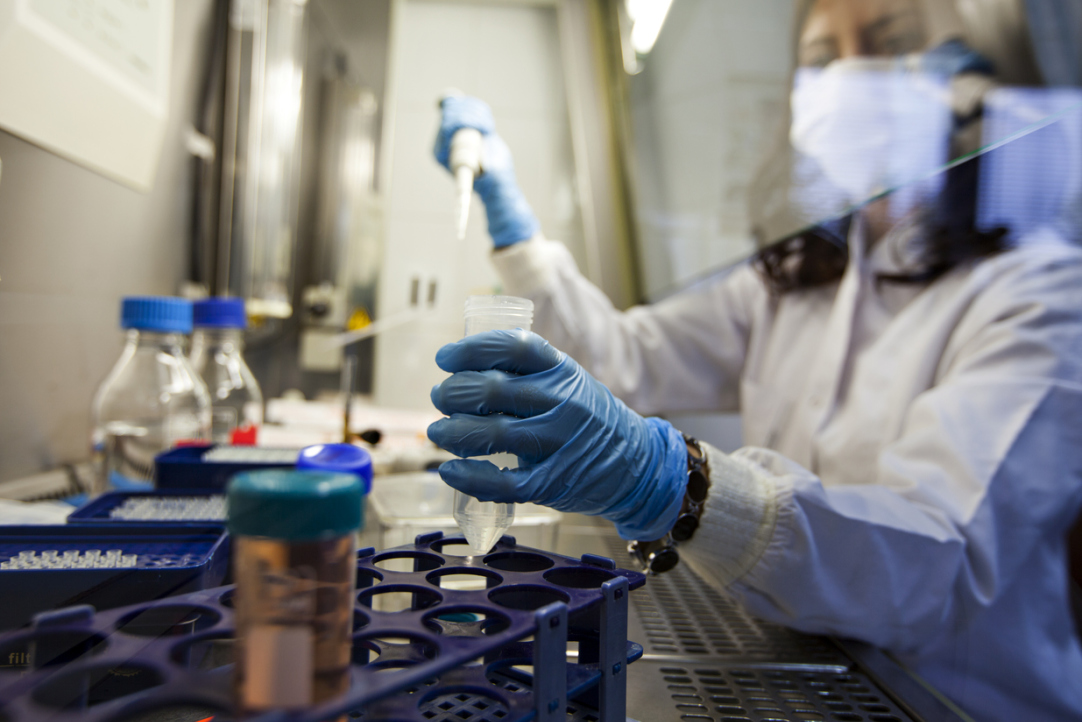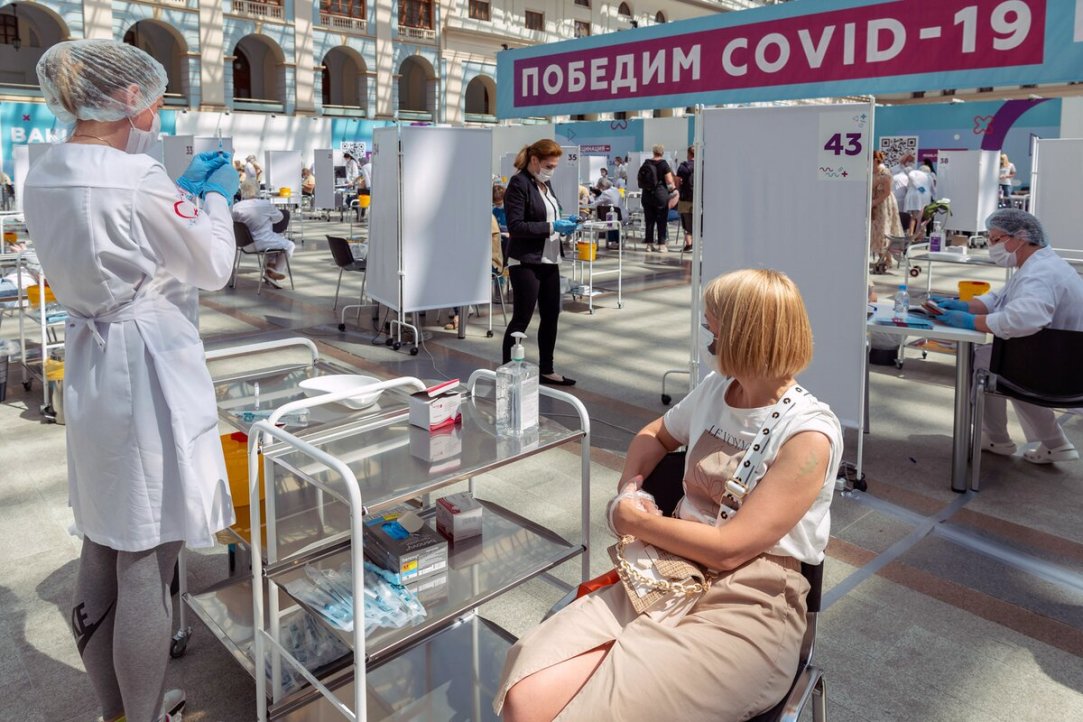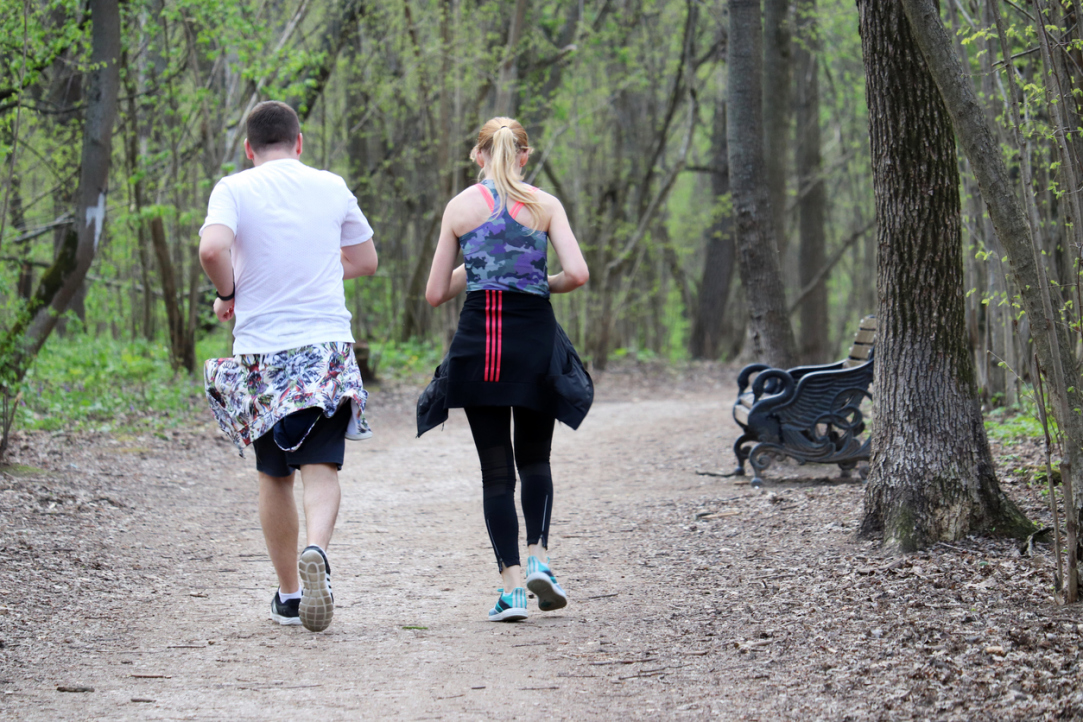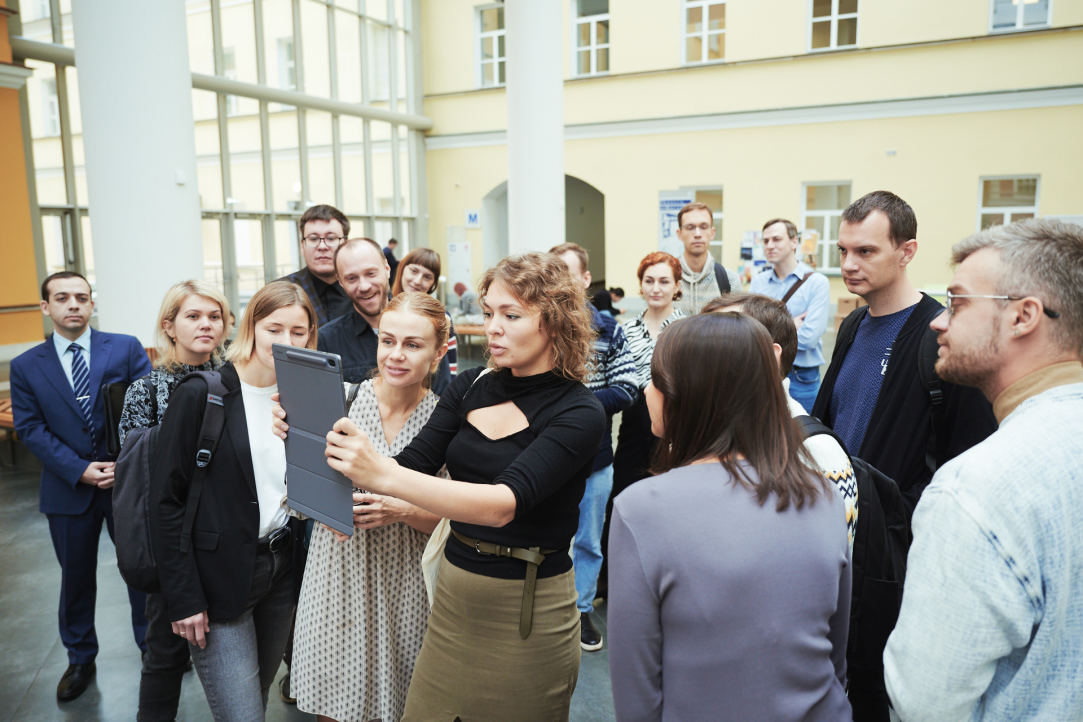
Research Reveals RNA's Role in Cancer Progression
An international group of scientists and medical specialists, including HSE researchers, examined the role played by microRNA (miRNA) and long non-coding RNAs on the progression of ovarian cancer. Having analysed more than a hundred tumour samples, they found that miRNA can prevent cell mutation while long non-coding RNAs have the opposite effect of enabling such mutations. These findings can help design new drugs which act by regulating miRNA concentrations. The study was published in the International Journal of Molecular Sciences.

Acceptance of Vaccination Associated with Lower Social Media Use and Higher Trust in Government
Vaccination is generally considered an essential tool for curbing the COVID-19 pandemic. Although Russia was one of the first countries to develop a vaccine against COVID-19 and launched an immunisation campaign in 2021, its vaccination rates remained low for a long time. By October 2021, only 36% of Russian adults were vaccinated, many of whom were compelled by their employers to do so. Having examined the factors contributing to low trust in vaccination among Russians, HSE economists suggest measures to improve vaccination uptake. The paper is published in Vaccine.

The Informal Economy and Post-Soviet Transition
The informal economy is a global phenomenon found in both developed and developing countries. There remains no consensus among academics about how the informal sector impacts overall economic growth. Elena Kalmychkova and Alexander Lipanov of Lomonosov Moscow State University and HSE University examined the informal economic sectors of former Soviet republics and found that regardless of any potential negative impact, these informal economies eventually helped people adapt to a post-transition free market environment.

The Results of Dyslexia Diagnosis Depend on the Tests Used
HSE University researchers have found that complex phonological tests involving several cognitive processes predict dyslexia better than simple ones. This may happen due to the fact that Russian-speaking children with dyslexia generally do not have difficulties distinguishing speech sounds. However, it’s not enough to use only phonological tests to reliably diagnose the causes of reading disorders. The results of the study were published in the Journal of Speech, Language and Hearing Research.

Bad Roads Reduce Trade Volumes by 18%
Economists from HSE University and the Vienna University of Economics and Business have figured out why, all else equal, trading goods across borders can be more expensive than trading the same goods within state borders. They argue that one of the reasons is underdeveloped infrastructure in border regions. Their study was published in the Journal of Urban Economics.

HSE University Researchers Adapt Emotional Contagion Scale to Russian Language
Scholars from the HSE Institute for Cognitive Neuroscience have translated the Emotional Contagion Scale into Russian and validated it on Russian-speaking participants. It was the first study of how people unconsciously ‘catch’ other people’s emotions using a Russian sample. The results of the survey, which involved more than 500 respondents, demonstrate that women are more inclined to imitate emotions of others than men. The study was published inFrontiers in Psychology.

Russian Scientists Teach AI to Analyse Emotions of Participants at Online Events
HSE researchers have proposed a new neural network method for recognising emotions and people's engagement. The algorithms are based on the analysis of video images of faces and significantly outperform existing single models. The developed models are suitable for low-performance equipment, including mobile devices. The results can be implemented into video conferencing tools and online learning systems to analyse the engagement and emotions of participants. The results of the study were published in IEEE Transactions on Affective Computing.

In Assessing Motivation, Rating Scales Are Far from the Best Choice
Researchers from HSE University and the Pushkin Institute have demonstrated that pairwise comparisons work better than rating scales for measuring motivation. The reason is that many people cannot rank their motives in a hierarchical fashion. The study findings are published in Frontiers in Psychology.

Physical Activity Found to Increase Life Satisfaction in Young Russians
Assistant Professor of the HSE Faculty of Economic Sciences Natalia Khorkina and Master's student in Economics Valeria Gritchina examined the relationship between physical activity and life satisfaction among young Russians aged 16 to 25 to gain a better understanding of the role exercise can play in young adults' subjective well-being. The researchers found that being physically active tends to contribute to a positive outlook on life, but mainly for men.

From Chelyabinsk to Krasnodar: 56 Postdocs From Across Russia Join HSE University This Year
A total of 56 early-career researchers will join HSE University in Moscow and St Petersburg in the 2022/2023 academic year as part of the university’s Russian Postdoctoral Fellowship Programme. Some are participating in the programme for the first time, while others are returning for their second year. HSE University in Moscow has welcomed 29 new researchers to its departments.

